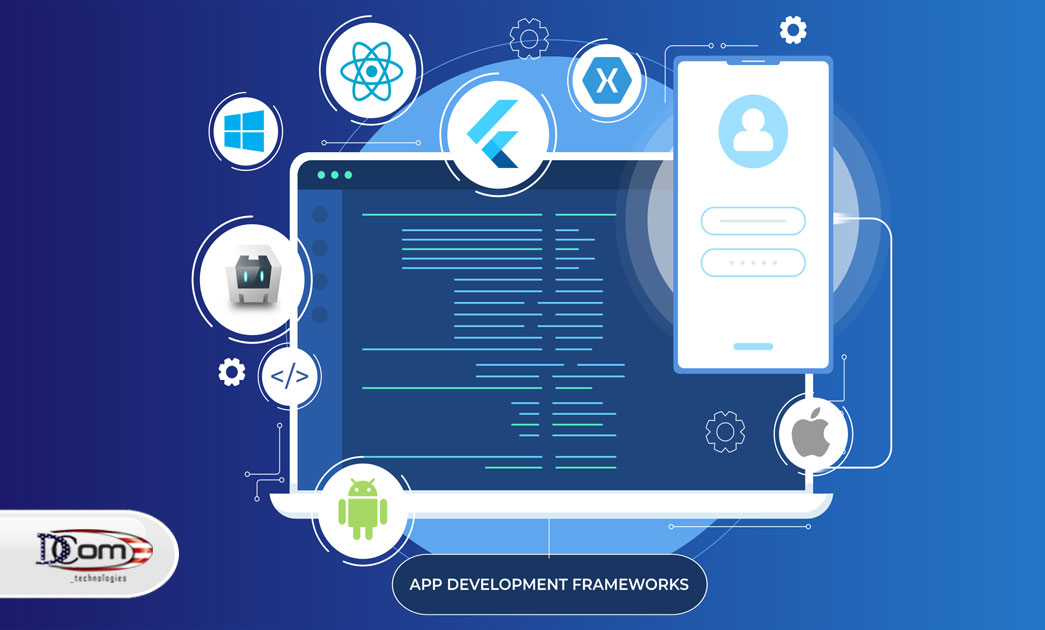Overview:
For the success of your app development framework is crucial. It plays a significant role in determining the app's performance, user experience, and development process.
Here are some following tips to help you choose the right mobile app development framework:
1. Define your app requirements:
Your app's functionality, features, and target audience are clearly outline. This will help you understand the specific needs that the framework should meet.
2. Research available frameworks:
Explore various frameworks and understand their capabilities, popularity, community support, and learning curves.
3. Consider platform compatibility:
Determine if you need a framework that supports both iOS and Android or if you only need to target a specific platform.
4. Evaluate performance:
Look for frameworks that offer optimal performance and fast rendering on different devices and operating systems.
5. Check for native features support:
If your app requires hardware-specific features like camera access or geolocation, ensure that the framework supports it.
6. Assess developer expertise:
Consider your development team's skills and expertise with different frameworks. It's easier and more efficient to work with a framework that your team is already familiar with.
7. Consider community support:
Look for frameworks with a large and active community that can provide support, documentation, and resources. This ensures that you can seek help and find solutions to any issues you may encounter during development.
8. Check for regular updates:
Ensure that the framework you choose is actively maintained and regularly updated to address security vulnerabilities, bug fixes, and feature enhancements.
9. Evaluate scalability:
If your app is expected to handle a large number of users or data, choose a framework that offers scalability options and can handle increased load.
10. Consider development speed:
Look for frameworks that provide rapid development capabilities, such as code reuse, pre-built components, and drag-and-drop features.
11. Assess the learning curve:
Evaluate the learning curve of the framework and its compatibility with your development team's skills. Choosing a framework that aligns with your team's expertise will reduce the time and effort required to get up to speed.
12. Consider the cost:
Evaluate the licensing and development costs associated with the framework. Some frameworks are open source, while others require a license or fees for specific features.
13. Consider cross-platform development:
If you plan to develop apps for both iOS and Android, consider frameworks that offer cross-platform development capabilities. This allows you to write code once and deploy it on multiple platforms, reducing development time and effort.
14. Look for good documentation:
Choose a framework that has comprehensive and up-to-date documentation. This will make it easier for your team to understand and implement the framework's capabilities.
15. Test the framework:
Before making a final decision, conduct a proof of concept or a small test project using the framework. This will give you a first-hand experience of working with the framework and help you determine if it meets your needs.
Conclusion:
Choosing the right mobile app development framework requires careful consideration of your app's requirements, platform compatibility, performance, native features support, developer expertise, community support, regular updates, scalability, development speed, learning curve, cost, cross-platform capabilities, documentation, and testing. By taking these factors into account, you can make a well-informed decision that sets your app up for success.










